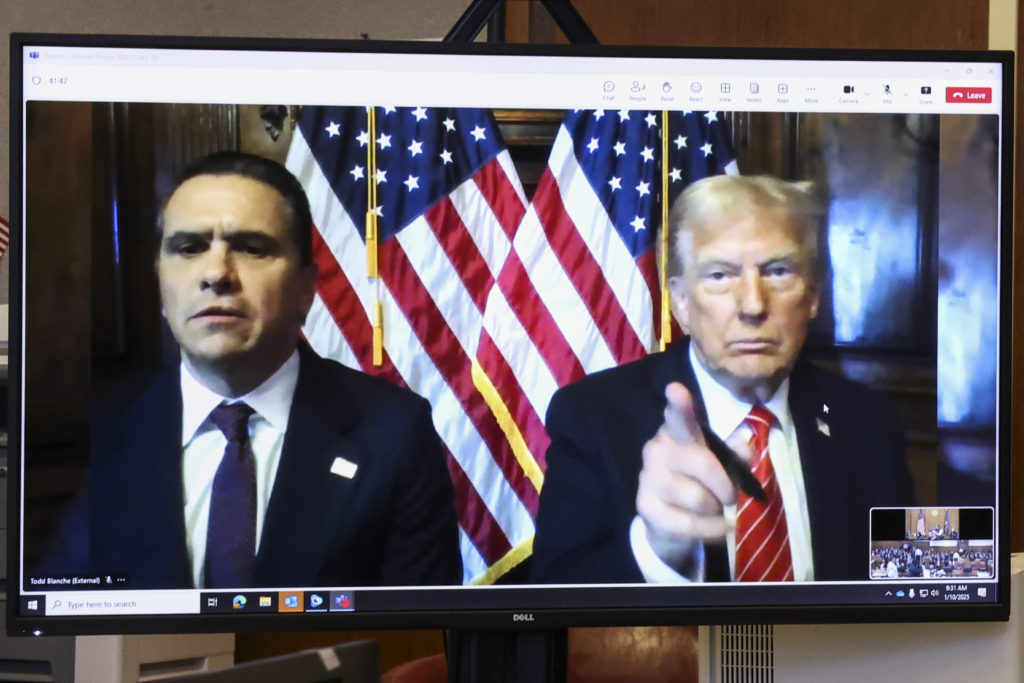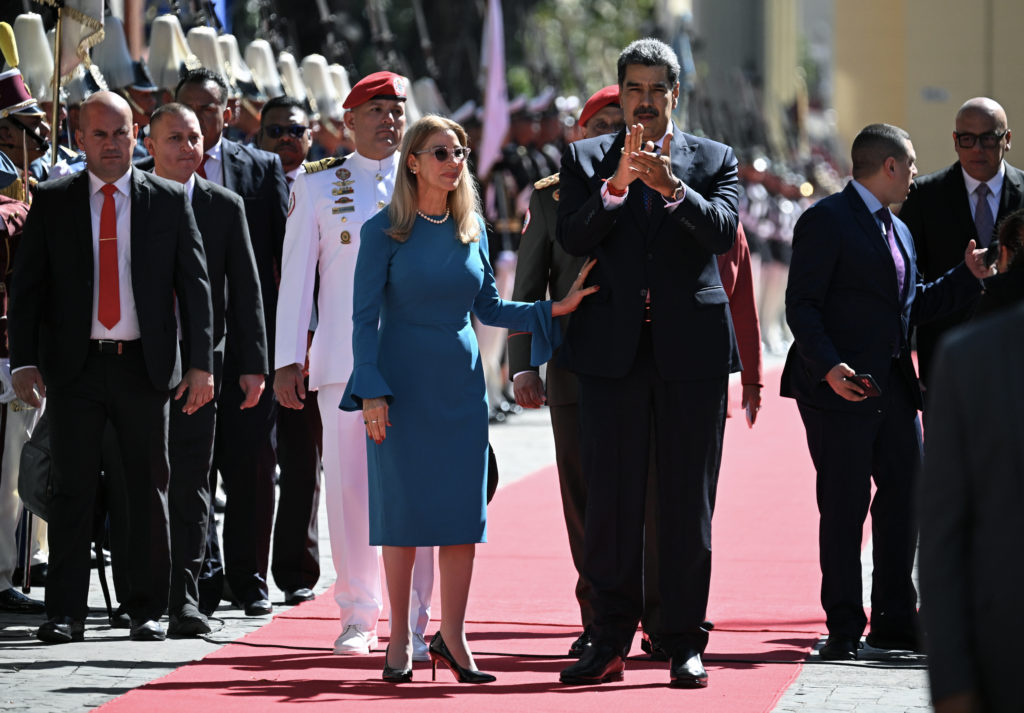CCTV footage of Thodex founder Faruk Fatih Ozer at Istanbul airport
The founder of cryptocurrency exchange Thodex, suspected of having fled Turkey with the assets of his clients, has been arrested in Albania, the Turkish interior ministry said on Tuesday.
Turkey issued an international arrest warrant in April last year for fugitive businessman Faruk Fatih Ozer, who fled with a reported $2 billion in investors’ assets.
Tirana had informed Turkish Interior Minister Suleyman Soylu that Ozer, who was wanted by Interpol, “was arrested in Vlora, Albania”, the ministry said.
It added that “extradition procedures to Turkey have been initiated.”
The Istanbul-based Thodex exchange launched aggressive campaigns to lure investors.
It first pledged to distribute luxury cars through a flashy advertising campaign featuring famous Turkish models.
But the exchange suspended trading in April 2021 after having posted a mysterious message days earlier saying it needed five days to deal with an unspecified outside investment.
It went dark after running a promotional campaign that sold Dogecoins at one-fourth the price at which they were trading on other exchanges.
But the exchange locked in those investments and did not allow the coins to be either sold or converted into other cryptos.
Turkish security officials then released a photo of Ozer going through passport control at Istanbul airport on his way to an unspecified location.
Media reports said the exchange shut down while holding at least $2 billion from 391,000 investors and more than 60 people linked to the company were arrested.
In a statement Tuesday Albanian police said the 28-year-old Ozer had been arrested at a hotel in Himara, a small town in southern Albania on the Ionian coast.
Two people suspected of having assisted him were also arrested, police said, with computers, mobile phones and bank cards seized.
Footage released by the Albanian police shows a man lying on a bed in a hotel room with his hands restrained behind his back.
– ‘Baseless’ –
Two days after leaving Turkey last year, Ozer denounced the “baseless allegations” against him in a message posted on his company’s official Twitter account.
The businessman said he had gone abroad to meet investors.
“I will return to Turkey in a few days and cooperate with the judicial authorities so that the truth comes out,” he promised at the time.
The manhunt for Ozer came as Turkey’s crypto market started to unravel. President Recep Tayyip Erdogan’s government warned of the risks and announced plans to rein in the digital currency market.
In the same week, officials blocked the account of the Vebitcoin exchange and launched an investigation after it also abruptly ceased operations.
Many Turks turned to cryptocurrencies in an attempt to preserve their savings during a steep drop in the value of the lira and runaway inflation.
The Turkish currency has lost nearly 27 percent of its value against the dollar since January.
A number of governments, including the United States, have said they will introduce tighter regulation on cryptocurrencies amid concerns over volatile trading and its potential use for criminal purposes.
In recent years, the crypto sector has benefitted from a vast infusion of cash due to easy money policies by the world’s biggest central banks.
However, rampant inflation has sparked tighter monetary policy across the globe, helping to send the industry crashing.
Bitcoin has lost more than half its value since the beginning of the year.










